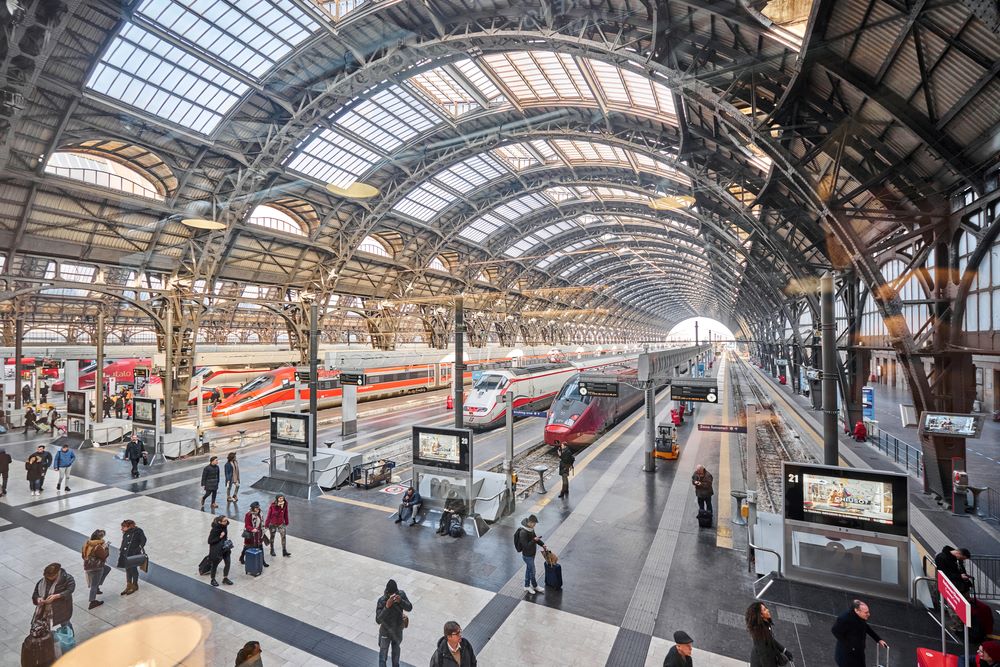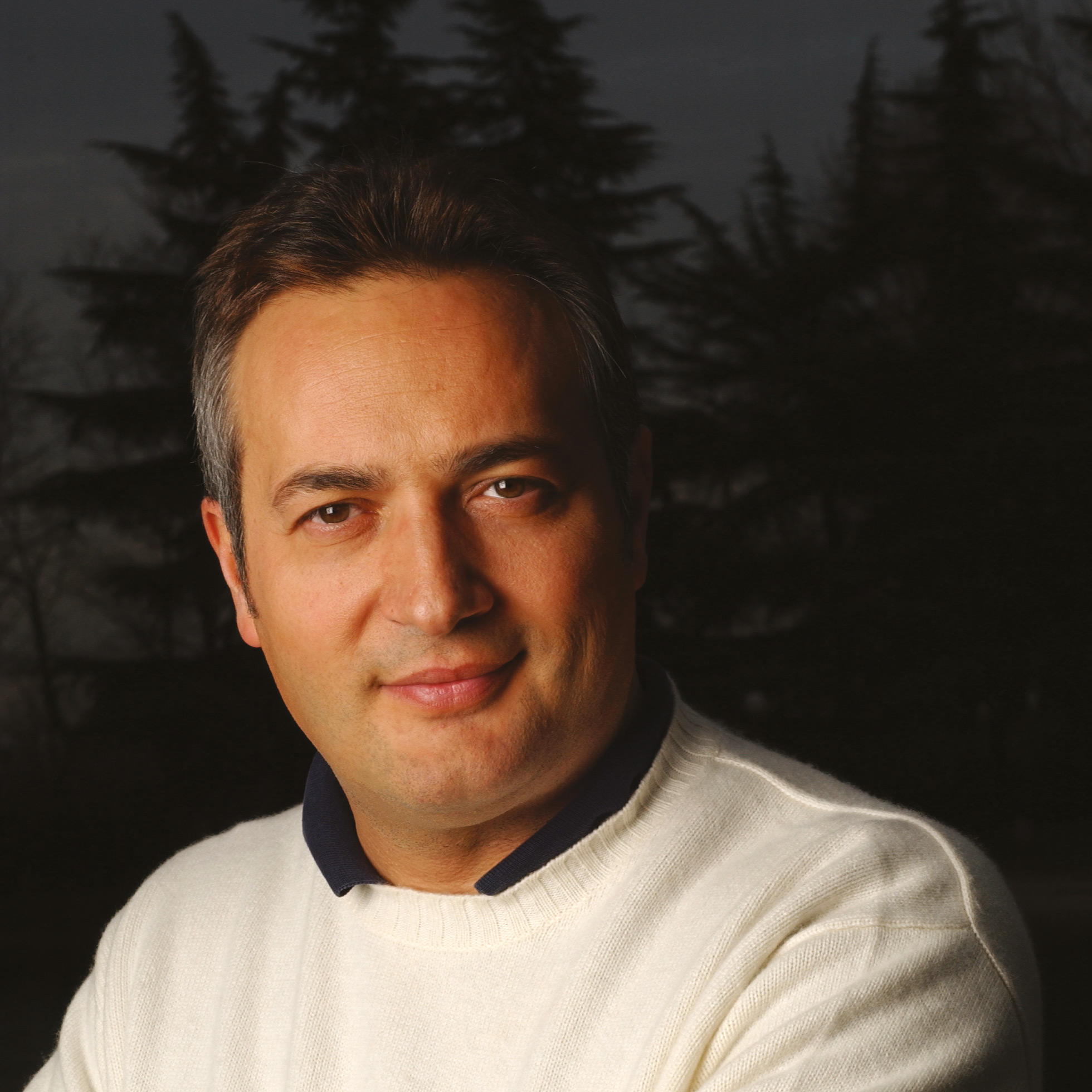I return to discussing Milan, Italy’s economic capital, and once again focus on issues of safety. This time, the protagonists are irregular migrants, specifically Moroccans. This is neither racism nor a xenophobic obsession or ideological fixation. It is pure reporting and, inevitably, a political reflection on the news itself. The area around the Central Station, one of the country’s key transportation hubs, has long been out of control, and nothing and no one seems capable or willing to address it. Neither the city’s left-wing mayor nor the ruling right-wing government, which neither exploits nor interprets the citizens’ fear this time, seem to have a solution.
Here’s the story: a young man travels overnight by train from Bari to attend a morning exam. He is ambushed in a subway near the station by three thugs who violently beat and rob him. They are quickly found; they are known, their hangouts are well known, and their criminal records are as long as the peninsula. Now, they have settled, so to speak, in the welcoming Milan of upscale neighborhoods. After all, they don’t live there or take nurse exams to make a living. The problem is that these three Moroccans are irregular but not invisible. They are tolerated by the system, on the margins, but tolerated nonetheless. Tolerated doesn’t mean integrated, by any means. So why not send them back to their homeland, Morocco? Ah, for future generations to grapple with, I believe, the difficult question.


